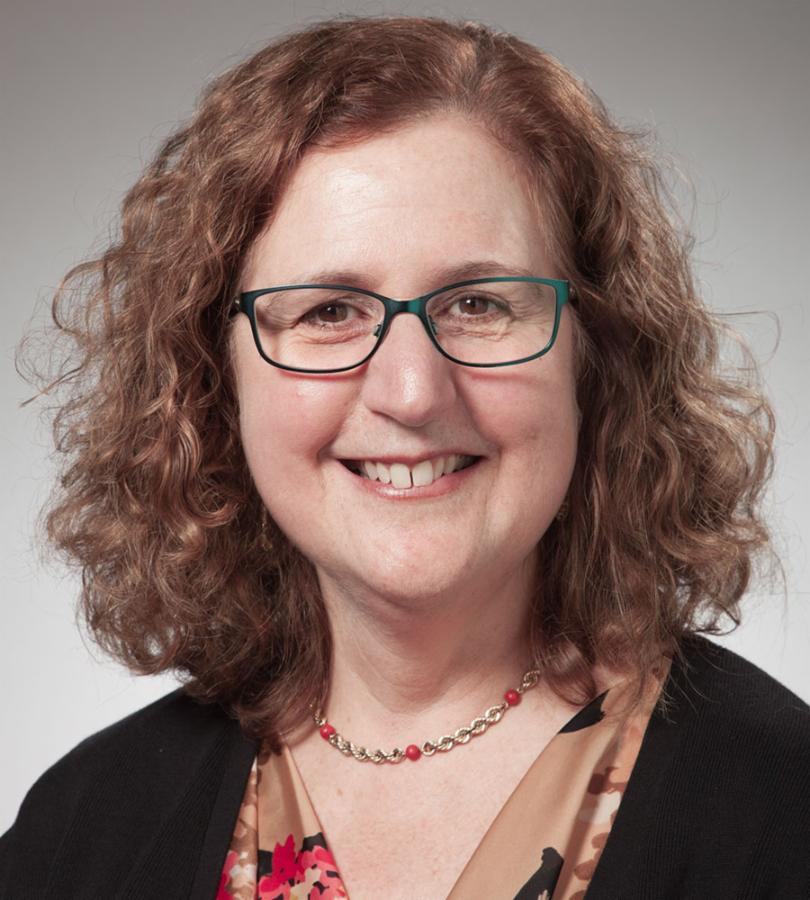Key UC contact
What We Did
It is unusual to have a collection of Classical Antiquities in the Southern Hemisphere, and even more remarkable to have a collection of over 350 objects in a university. Since its move to the city centre in 2017 the Teece Museum, home of the James Logie Memorial Collection, has attracted 10,000 visitors a year, including international visitors, scholars, and New Zealanders of all ages. But not everyone can visit the actual collection, either because they cannot travel to Christchurch, or because larger events shut the collection. After the earthquakes of 2010-2011 the curators began to create themed, online exhibitions for the general public featuring items in the collection. When the lockdown for Covid-19 shut the doors, curatorial staff started a monthly blog about aspects of the collection and antiquity, with posts written by current and recent UC students. Both the online exhibitions and the blogs are informed by the expertise and research of academic staff, students, and the curators and arise from work for lectures, tutorials, essays and theses, or just the fruits of following one’s curiosity.
Who Was Involved
Terri Elder, with gallery hosts Emily Rosevear, Laura Bythell, Amy Boswell-Hore, and Roswyn Wiltshire, and past and present academic staff in the Department of Classics: Alison Griffith, Gary Morrison, Patrick O’Sullivan, Victor Parker, Enrica Sciarrino, Robin Bond and Graham Zanker.
Why It Matters
In recent decades many museums have made their collections accessible online, and the Teece Museum has enthusiastically joined this trend. Virtual access to collections is important for several reasons. First and foremost, it uses research to support mindfulness and wellbeing by facilitating continual learning. Second, it reverses a long trend of elitism and fosters education and cross-cultural understanding by allowing anyone to search and read about items in a collection, and to learn more through online exhibitions, blogs and videos.
Third, it helps alleviate some of the deleterious outcomes of colonization, auction houses, the antiquities market, souvenir hunting, and massive online markets. Many objects are far from their original home, either legally or illegally. Making a collection accessible online is being honest with the world about the location of the cultural patrimony of other peoples and nations.
Learn More
- Online exhibitions: teecemuseum.nz/collection-search/
- Monthly blog: teecemuseum.nz/blog
Photo Caption:
Curators and gallery hosts outside the Teece Museum



